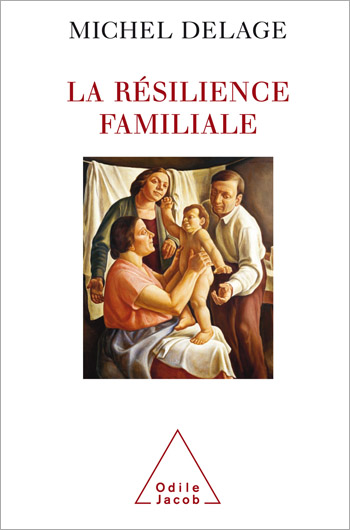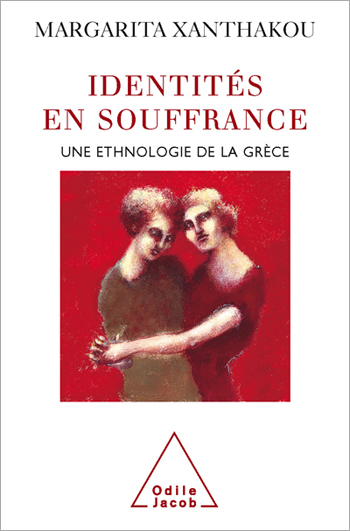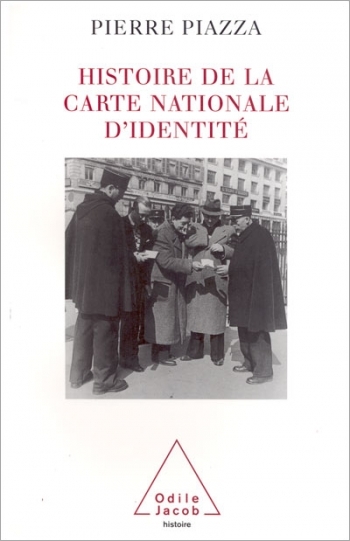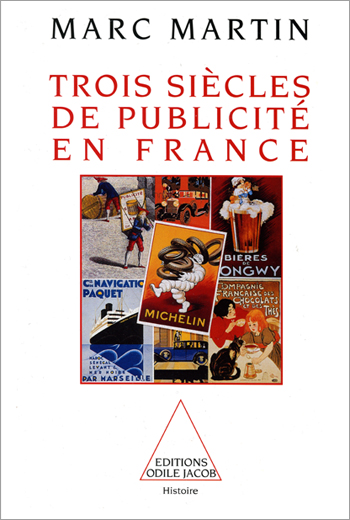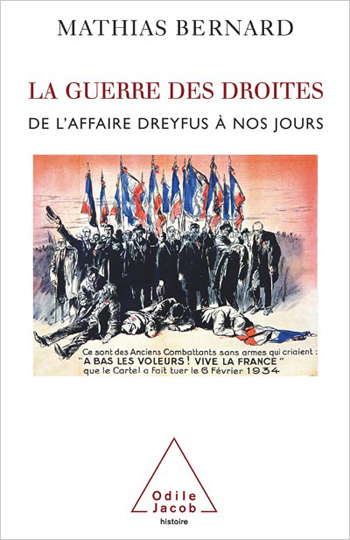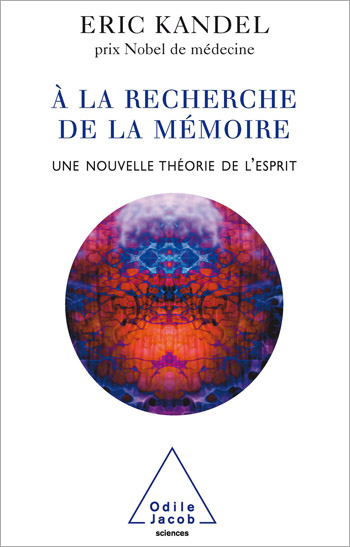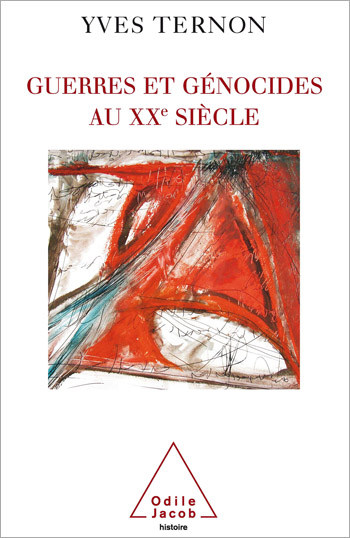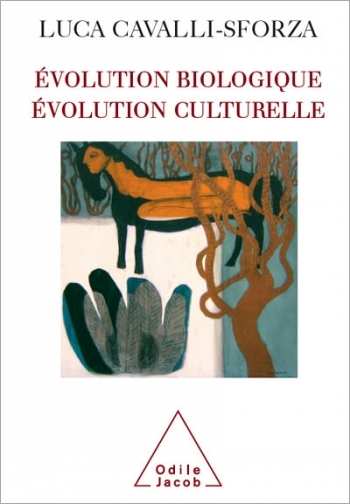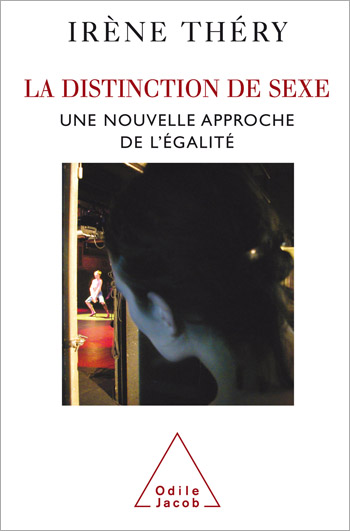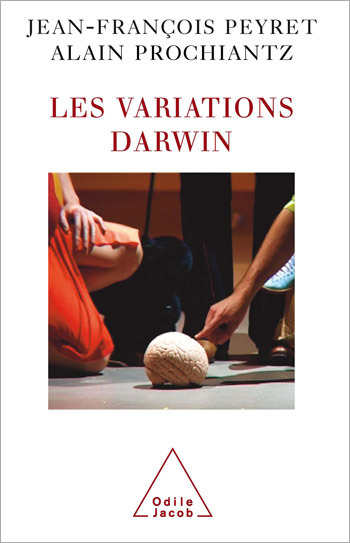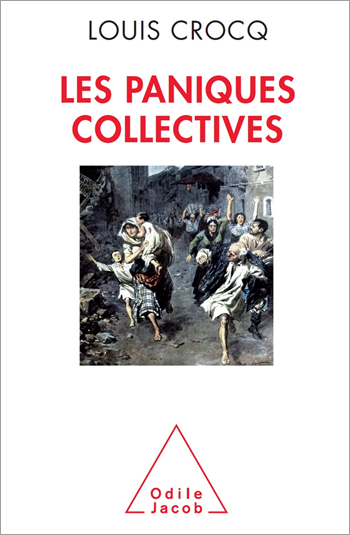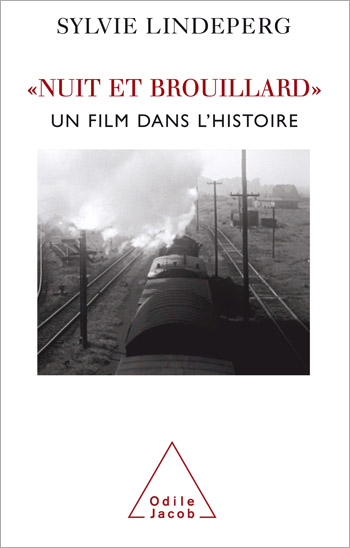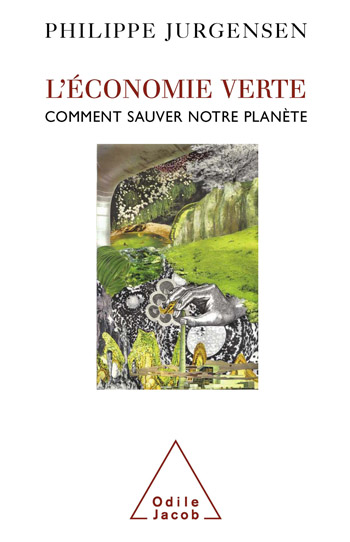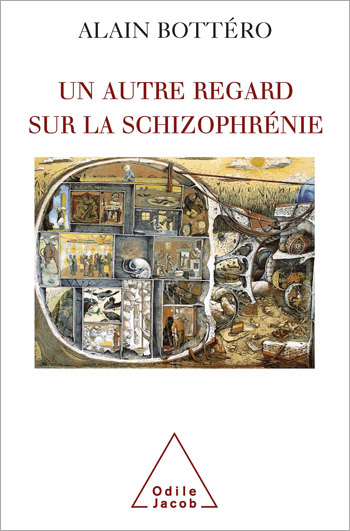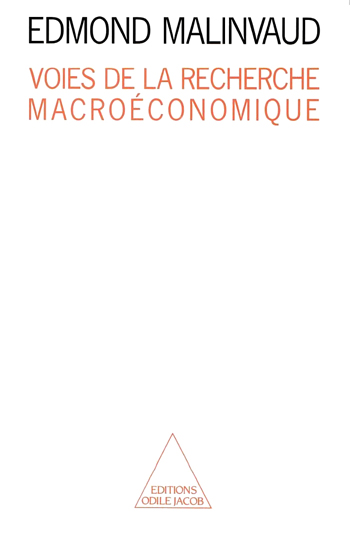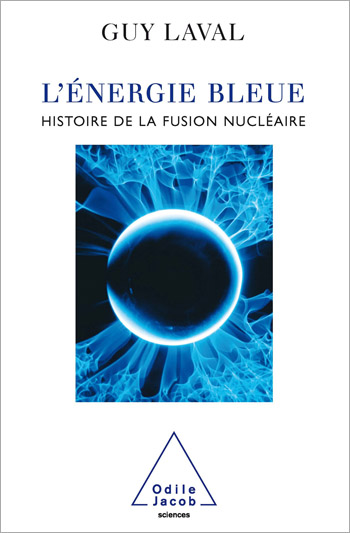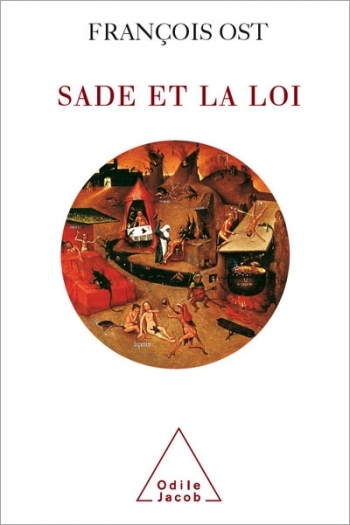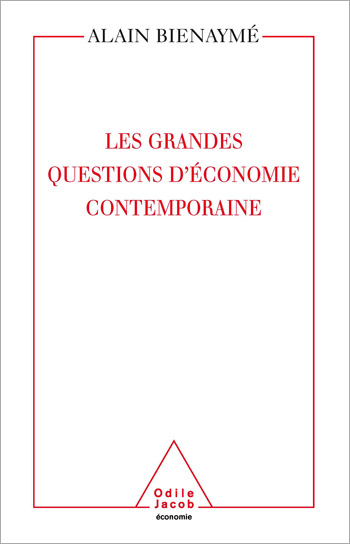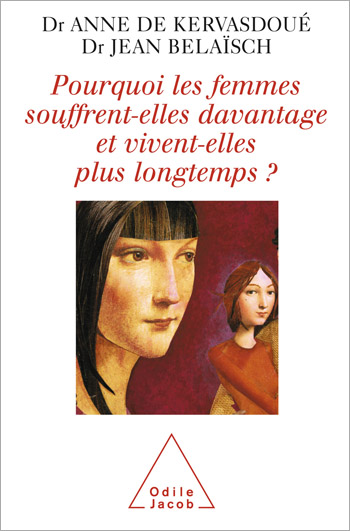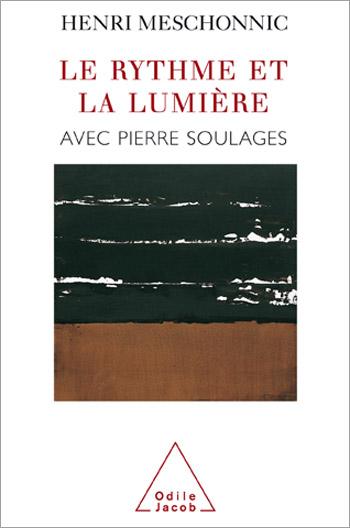Catalog All books
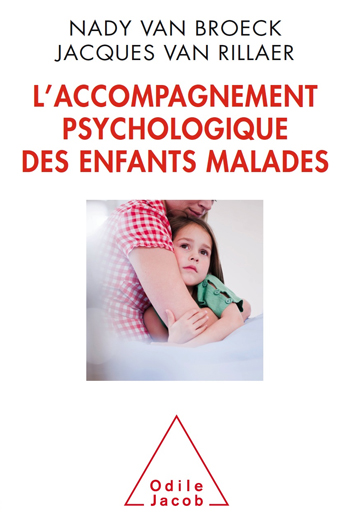
Nady Van Broeck, Jacques Van Rillaer
Giving Psychological Support to Seriously Ill Children
An indispensable book to enable parents and caregivers to help children overcome the challenge of serious illness
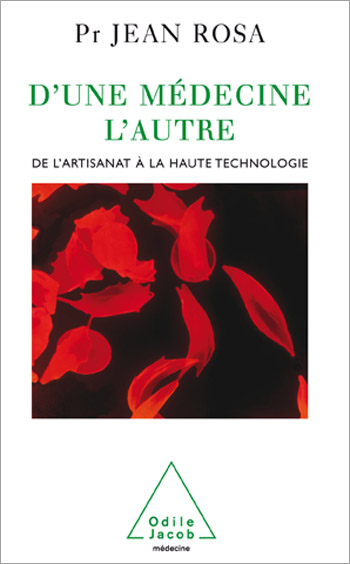
Jean Rosa
From one Medicine to Another From a Craft Industry to High Techology
Jean Rosa belongs to the post-war generation that transformed French medicine from a state of powerless humanism all the more "humane" because it was so often helpless to one of scientific and technical efficiency. Unfortunately, in the process, medicine seems to have lost its human face. In this book, Rosa shows how he contributed to this medical revolution: on the one hand, through the "Debré Reform", which instituted teaching hospitals, thus firmly linking medical research with therapeutic and surgical treatment, and, on the other hand, by associating medicine with molecular biology. Jean Rosa is Emeritus Professor in the medical school of the University of Paris-XII and a member of the French Academy of Science
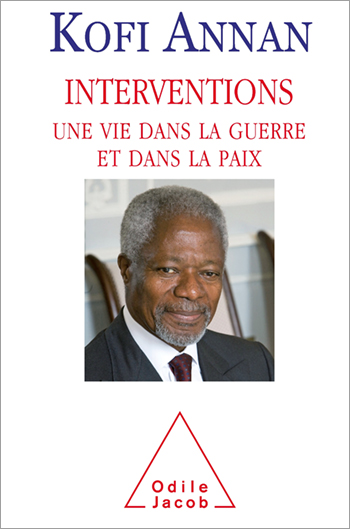
Kofi Annan
Interventions A Life in War and Peace
The story of Kofi Annan’s forty years at the centre of the world stage
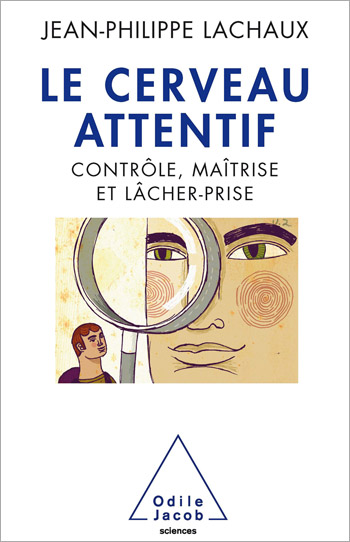
Jean-Philippe Lachaux
The Attentive Brain Improving Concentration With the Neurosciences
Why study attention? Focused attention is rare and precious...
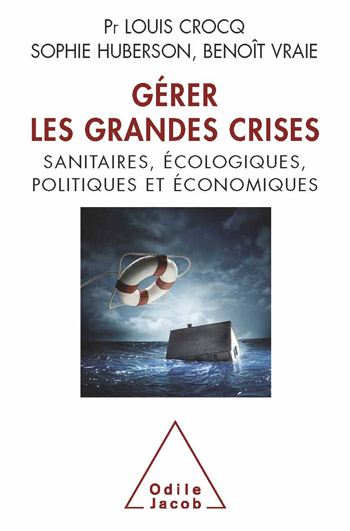
Louis Crocq, Sophie Huberson, Benoît Vraie
Managing Crises
In the existence of any group, business or nation, a crisis is a serious, uncommon event that suddenly imposes an emergency situation and the management of the vital issues at stake.
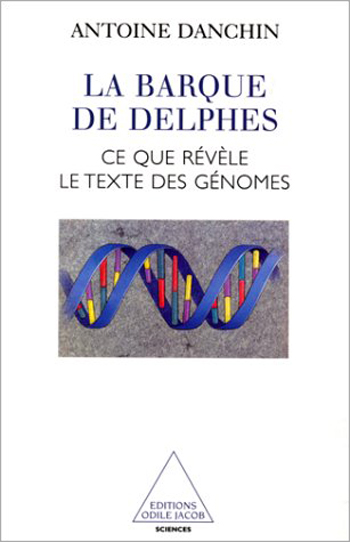
Antoine Danchin
The Delphic Boat What Genomes Tell Us
What is it that constitutes the unity and identity of a living creature ? This is the fundmental question of biology. The recent sequencing techniques provide a completely new response to this question, notably thanks to the knowledge of whole genomes. Antoine Danchin establishes a clear picture of this important biological discovery. He shows in particular that, just like the boat of Delphi, life is beyond prediction, and at the same time has an infinite capacity to create the unexpected. Antoine Danchin is the director of the Department of Biochemistry and Molecular Genetics at the Institut Pasteur.
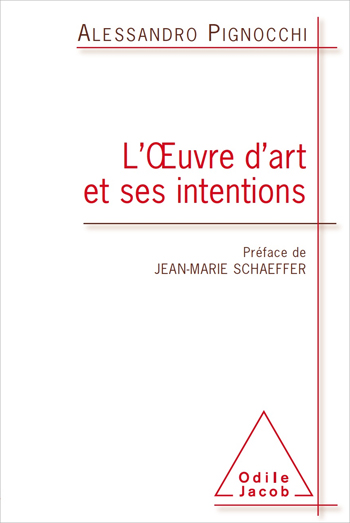
Alessandro Pignocchi
Art and Intention
The latest scientific research reveals how we perceive and judge works of art
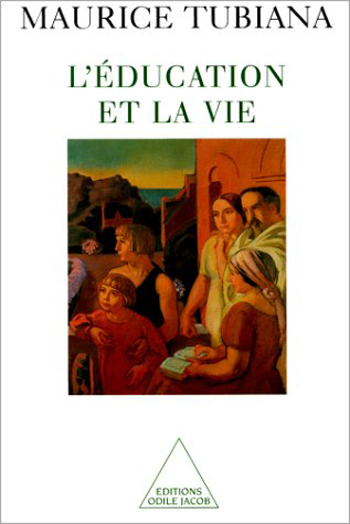
Maurice Tubiana
Education and Life
This book is a reflection on the alarming fact that France has the highest level of violent deaths (from suicide, drugs, and road accidents) in all Europe among young people between 18 and 22 years old. Tubiana analyses the pleasure principle which runs through our culture and our values, the Freudian principle that demands the immediate satisfaction of our impulses. This brings him to denounce postmodern individualism which does not make any room for the collective interest. Maurice Tubiana is a world-reknowned oncologist and member of the French Academy of Science and the Academy of Medicine.
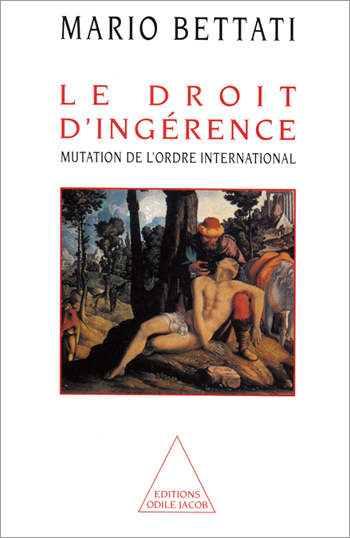
Mario Bettati
The Right of Interference Transformation of International Order
Inventor of the "right of interference", Mario Bettati, a professor of International Law, explains in this book the precise political circumstances and the legal context under which the right of humanitarian interference came about. This book is divided into four parts which follow both a chronological and a logical order. Beginning with interference as verbal denunciation, following with interference as medical assistance, he speaks of forced interference (Yugoslavia, Somalia and Rwanda) and finishes by dissuasive interference (courts for crimes against humanity and conflicts observatories). A thorough presentation of an important subject.
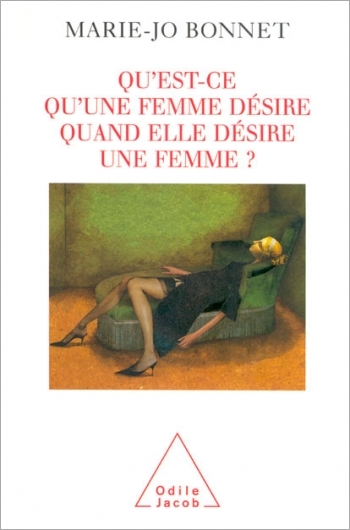
Marie-Jo Bonnet
What Does a Woman Desire when She Desires a Woman?
The desire of women for their own sex is a subject that has been concealed and heavily censored since Antiquity. Yet it has constantly resurfaced throughout history - despite repression, denial and today's feigned indifference - and its existence is a historical and anthropological fact, whatever the dominant opinion may say. Marie-Jo Bonnet argues that lesbianism transgresses social norms and female stereotypes, and breaks with the phallic model and the restricted social role that is assigned to women even today. She sees lesbian desire as a radical instrument of emancipation and offers an original analysis of the women's liberation movement, of recent discussions about homosexuality and, finally, of the persistence of lesbophobia. Desire, regardless of its subject, is always a unique and complex experience, and Bonnet does not ignore this fact. In an original, wide-ranging study of lesbian love through literature, she delves into the work of such major writers of the past as Marguerite Yourcenar, Violette Leduc, Simone de Beauvoir, Djuna Barnes and, surprisingly, Madame de Sévigné, as well as of more recent writers such as Monique Wittig, Anne Garreta and Christine Angot. The author's thesis is that women's desire for their own sex can serve as a tool to empower them to conquer their own space of creativity and liberation. Marie-Jo Bonnet, a writer and historian, is the author of Les Relations Amoureuses Entre Femmes (XVIe-XXe siècle).
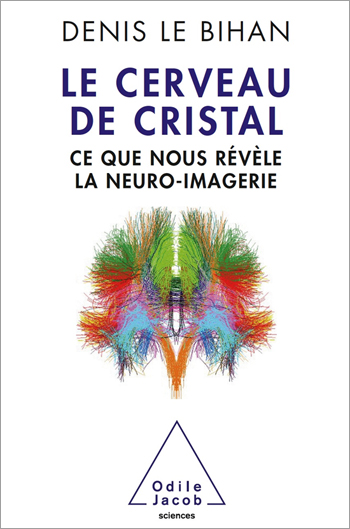
Denis Le Bihan
The Crystal Brain The New Science of Neuroimaging
The latest findings about the brain, as revealed by the new science of neuroimaging
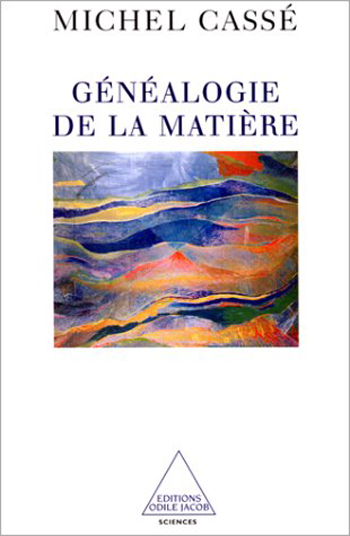
Michel Cassé
The Genealogy of Matter
Atoms originate in the stars. There is no real separation between the Earth and the sky, and matter forms one great whole, based on a series of nuclear reactions. Written in a lyrical, poetic style, this is a concise, clearly illustrated account of the birth of matter, aimed at the general reader. Michel Cassé is an astrophysicist and researcher at the CEA and the Institut Astrophysique, in Paris. He is the author of Du Vide et de la Création and La Petite Etoile.

